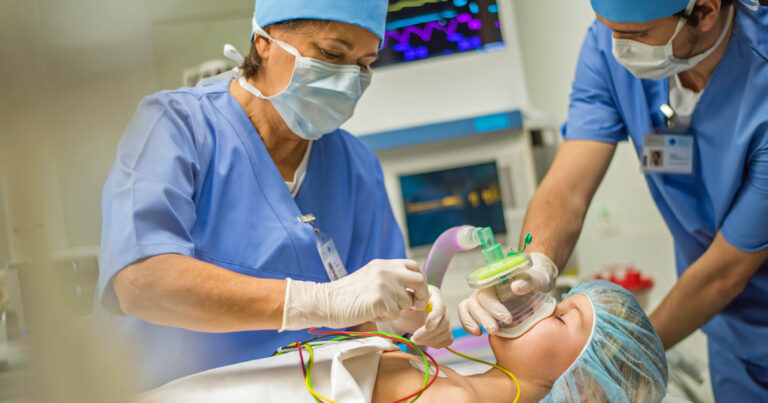Telemetry Nurse Career Guide
Looking for a different career guide?
Overview
Telemetry nurses play a crucial role in the healthcare field, specializing in monitoring and interpreting patients' vital signs and cardiac activities. These professionals work in hospital settings, particularly in telemetry units, intensive care units (ICUs) and cardiac care units (CCUs). They are responsible for continuously monitoring patients' heart rhythms, administering medications and providing immediate care in case of
Education
Becoming a telemetry nurse requires a solid educational background. Aspiring telemetry RNs must first obtain a nursing degree, either an Associate Degree in Nursing (ADN) or a Bachelor of Science in Nursing (BSN) from an accredited institution. The ADN program typically takes around two to three years to complete, while the BSN program usually takes four
Qualifications

Skills
To succeed as a staff or travel telemetry nurse, a combination of knowledge, hard and soft skills and abilities is crucial. Firstly, a strong foundation in cardiac physiology and understanding of cardiac arrhythmias is essential. Telemetry nurses must be proficient in interpreting EKG readings accurately. They must possess excellent critical thinking and problem-solving skills to detect any abnormal
Responsibilities
Telemetry nurses have a range of responsibilities in their daily work. They continuously monitor patients' cardiac rhythms, recognizing any irregularities or signs of distress. They administer medications as prescribed, maintain accurate records of patients' conditions and communicate any changes to the healthcare team. Telemetry nurses also provide emotional support to patients and their families, educating them about their cardiac health,
Salary Insights
The average salary for a Telemetry Nurse is $2,163.82 per week.
Last updated on December 12, 2024. Based on active jobs on Vivian.com.
Pros & Cons
Like any specialty, telemetry nursing has its benefits and drawbacks. Some advantages include the opportunity to work with advanced monitoring equipment, the potential for career growth in critical care and the chance to make a significant impact on patients' lives. Telemetry nurses often work in collaboration with highly skilled healthcare teams, fostering professional development and knowledge sharing.
On the other hand,
Some of the content on this page was enhanced using artificial intelligence.
Join over 1 million healthcare workers that are getting a head start with Vivian.
Join Vivian





